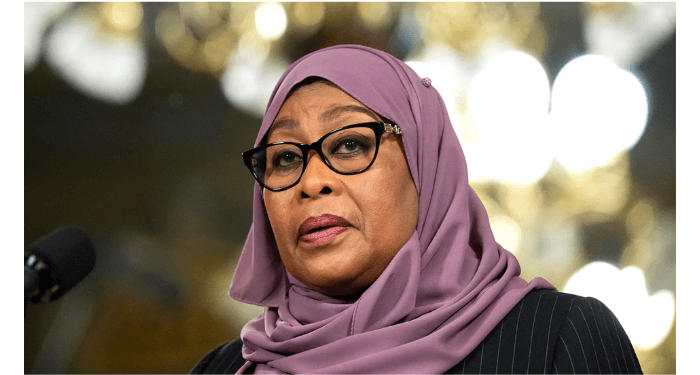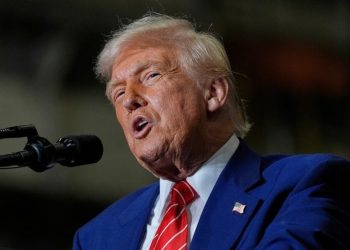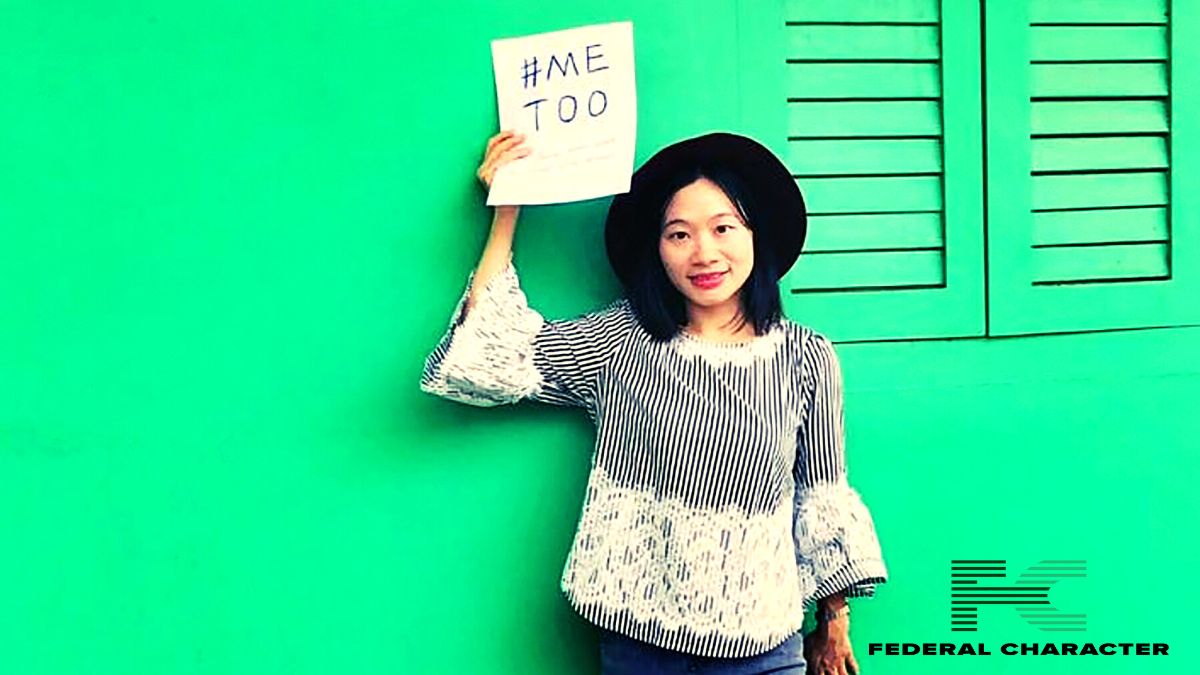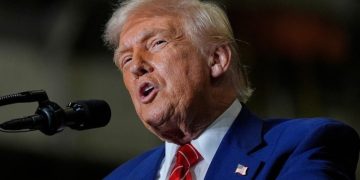Tanzanian police fired tear gas to disperse opposition protesters on Wednesday, silencing dissent on an election day marred by a boycott and the jailing of the main opposition leader, making the vote a shoo-in for President Samia Suluhu Hassan.
The chaotic scenes unfolded as groups of protesters, demanding electoral reforms and free political activity, gathered along major highways. The confrontation left several injured and underscored the tense atmosphere in which this election is being held.
The vote is widely expected to hand a second term to President Samia and her ruling CCM party, which has dominated politics since independence and has never lost an election. The path was cleared for her victory after the only serious contender, Luhaga Mpina of the ACT-Wazalendo party, was disqualified on legal technicalities. Meanwhile, the main opposition leader, Freeman Mbowe, is in jail facing treason charges that he denies, leading his party to boycott what they call a sham election.
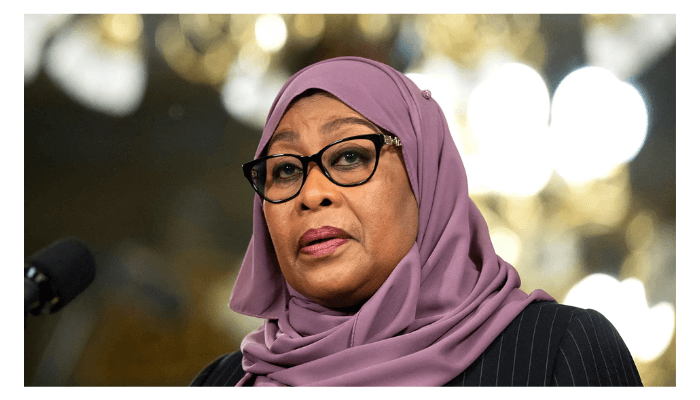
The silencing of the opposition was felt at the polls, with reports of low voter turnout in the capital, Dar es Salaam, as many citizens stayed home, hesitant to participate amid widespread safety concerns.
This repression did not begin on election day. Ahead of the vote, rights groups including Amnesty International condemned a government “wave of terror,” citing enforced disappearances, torture, and extrajudicial killings of opposition figures. The government has rejected these claims.
A police spokesperson took to social media to assure the public of their safety, urging “people should come out and vote.” However, this assurance rang hollow for many who witnessed the crackdown on protesters.
Why It Matters
President Samia initially came to power in 2021 following the death of President John Magufuli and was praised for easing the harsh repression of his era. However, that political opening has since narrowed dramatically, with her government accused of systematically targeting critics through arrests and a wave of abductions.
With over 37 million registered voters eligible, the only parties contesting against President Samia are sixteen fringe groups with no history of significant public support. The electoral body is expected to announce results within three days, an outcome that appears to be a foregone conclusion in an election defined not by choice, but by the absence of it.

